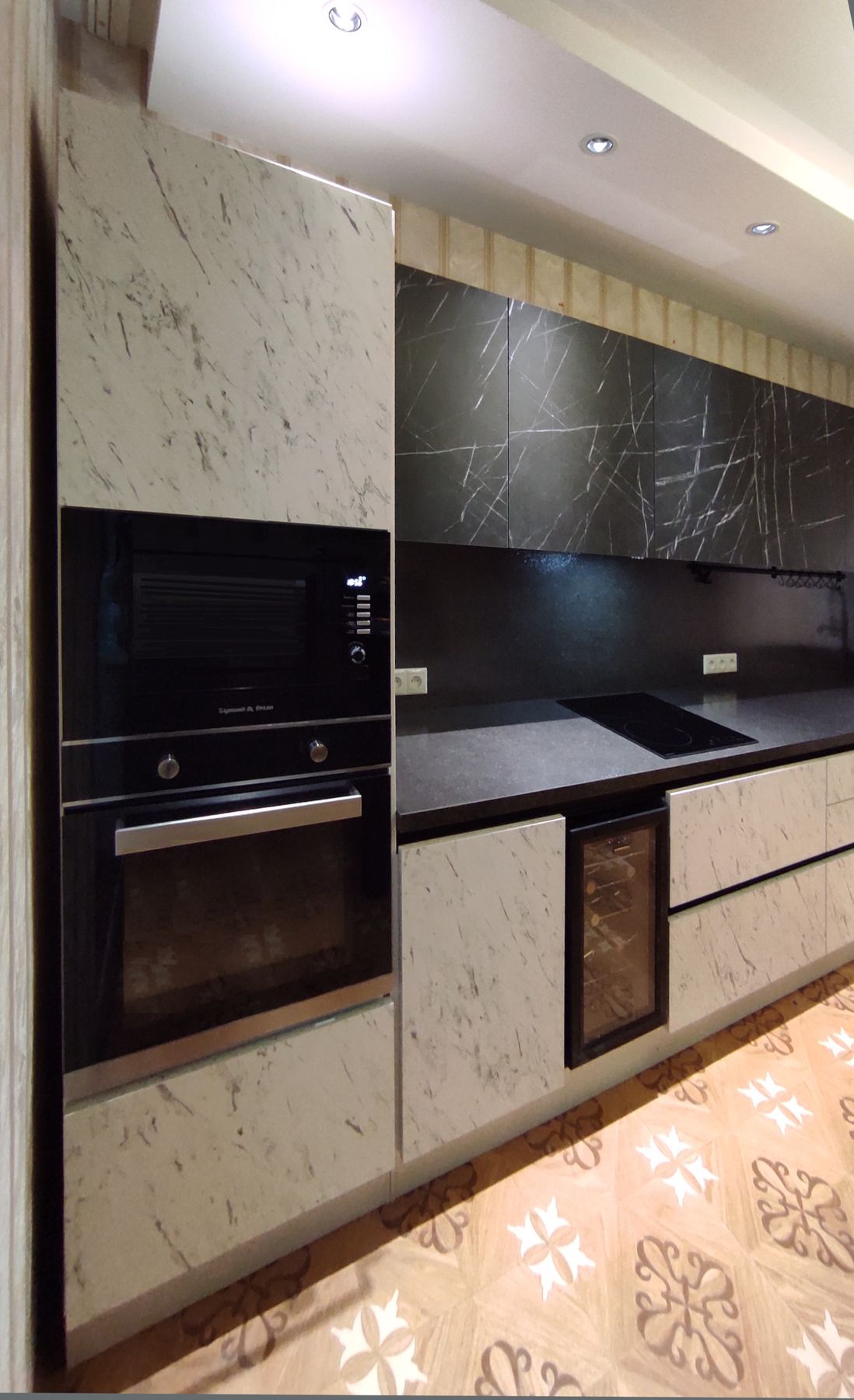
Culinary Spaces Redefined: Innovation at the Heart of the Kitchen
The Evolution of Culinary Spaces
The kitchen, once a purely functional space designed for the sole purpose of cooking, has evolved significantly over the years. As the epicenter of home and culture, culinary spaces have become a reflection of personal style, technological advancement, and social dynamics. Today, we witness an era where culinary spaces are not just about cooking; they're about experience, innovation, and connection.
Integrating Technology in Modern Kitchens
Technology has played a pivotal role in the transformation of culinary spaces. Smart appliances, responsive systems, and digital integration have made cooking more intuitive, efficient, and enjoyable. From smart refrigerators that can track expiration dates to ovens that can be controlled remotely, the kitchen is becoming increasingly connected, offering convenience at every turn.
Design Aesthetics Meets Functionality
While technology advances, so does the importance of design aesthetics in culinary spaces. Homeowners and designers alike are bringing together form and function to create kitchens that are as beautiful as they are practical. Material choices, color schemes, and architectural elements are carefully curated to craft spaces that inspire culinary creativity while remaining accessible and easy to navigate.
Multifunctional Culinary Environments
Culinary spaces have transcended their conventional boundaries to become multifunctional arenas. Islands and breakfast bars serve as dining tables, workspaces, and social hubs. Open-plan layouts allow the kitchen to flow seamlessly into living and dining areas, facilitating interaction and fostering a communal experience around food preparation.
Sustainability: A Top Priority in Kitchen Design
Sustainability is no longer an afterthought in kitchen design. Innovations in materials, waste management systems, and energy-efficient appliances are making eco-friendly kitchens a realistic option for many. Designers are focusing on reducing environmental impact, through practices like sourcing recycled materials and incorporating indoor herb gardens for farm-to-table cooking.
The Social Kitchen: Sharing Beyond Meals
Culinary spaces now serve as social hubs where friends and family can gather not just to dine, but to share experiences. Cooking classes, wine tastings, and meal prep parties are just a few activities that have redefined the purpose and use of the kitchen, making it a versatile space for learning, entertainment, and socialization.
Conclusion: Embracing the Future of Culinary Spaces
The redefinition of culinary spaces is an ongoing journey that reflects our changing lifestyles, technological innovations, and cultural shifts. Embracing this evolution invites a future where the kitchen is not merely a room but a dynamic space where technology, design, function, sustainability, and social interaction blend to create a holistic culinary experience. As we continue to innovate, the essence of the kitchen will only grow richer, adapting to the tastes and needs of generations to come.